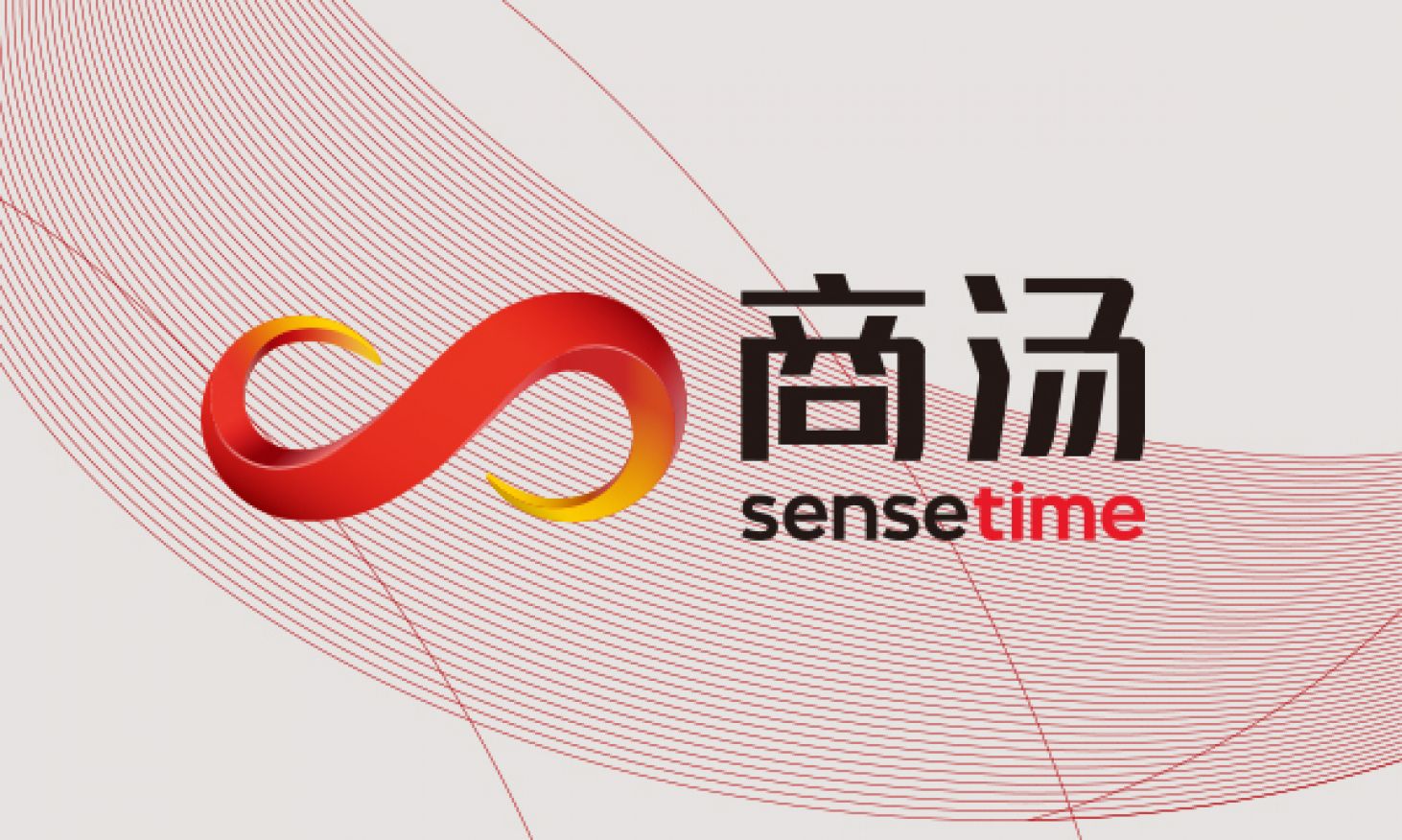Early this April, SenseTime (商汤科技) announced a fresh funding round of $600 million, just nine months after its then record-breaking (in the AI scene) Series B round of $410 million.
The latest financing brought in new shareholders including Alibaba, Suning (苏宁) and Singapore’s sovereign fund Temasek.
Alibaba had been rumored to be interested in investing in the company since the end of last year. Many people think that the latest financing is SenseTime picking sides among China’s big three tech giants (Baidu, Alibaba and Tencent) and that it will trigger similar moves by other AI unicorns.
But XU Li, co-founder and CEO of SenseTime, doesn’t agree. “We had business contact with Alibaba Cloud late last year over its smart city project, and the investment is actually based on the fact that we two are strategically complementary,” XU Li explained. “Our partnership is a strategic one and will feature in-depth cooperation over business scenarios. ‘Picking sides’ sounds as if we would be working for the giant, but AI is an all-inclusive idea. It can serve a wide range of industries.”
For SenseTime, the questions seem to be: From whom should it take money from? And what should it spend the money on? An important factor SenseTime takes into consideration when picking investors is whether they can help it better implement its future strategies.
In this sense, accepting investments from Alibaba and Suning suggests that SenseTime is looking to double down in the “new retail” scene. “New retail” plus smart cities, mobile terminals, driverless cars and mobile internet are currently the main application areas for SenseTime’s technology. According to XU Li, “Biu”, the staffless sporting goods store SenseTime launched in collaboration with Suning last year, will expand its presence in the country by adding 200 new locations this year.
Likewise, the reason SenseTime accepted strategic investment from Qualcomm, as XU Li noted, is that “we can cooperate in a wide range of areas from facial recognition to 3D technology.” Qualcomm needs industry-leading AI algorithms to develop new generations of high-end chips, while SenseTime wants to improve its products at the chip level so as to more effectively apply its technology in different areas, XU Li explained. The cooperation between the two means that SenseTime no longer needs to customize SDK solutions for different clients. Its products will become universally applicable and it will play up its role as a platform , which in turn mean higher profitability.
AI is a cash-burning business and having enough working capital is crucial for startups in the industry.
If last year had been about fundraising, the focus for AI firms this year is how they should spend the money raised to commercialize their technology and develop competitive products.
It seems that SenseTime already has its answer – It will spend the money on two things: developing its product mix and pooling industry resources to upgrade its products from mere technology, APIs and SDKs to comprehensive industry solutions.
AI may have yet to impact individual consumers, but it’s already transforming the business sector as data becomes the new language to describe everyone and everything.
The world is being turned into a large data network where all groups and individuals are profiled. Thanks to AI, mankind may come to know themselves and the world around them better than ever.
And what will consumption look like when AI is involved? XU Li pointed to staffless stores as an example: Merchants will be able to purchase goods on demand, can go to supermarkets empty-handed in the future and pay by simply entering their ID numbers and scanning their faces, unlike today, where consumers must take a bank card or mobile phone with them when they go shopping.
There’s a lot to expect from a highly efficient society powered by data and algorithms.
